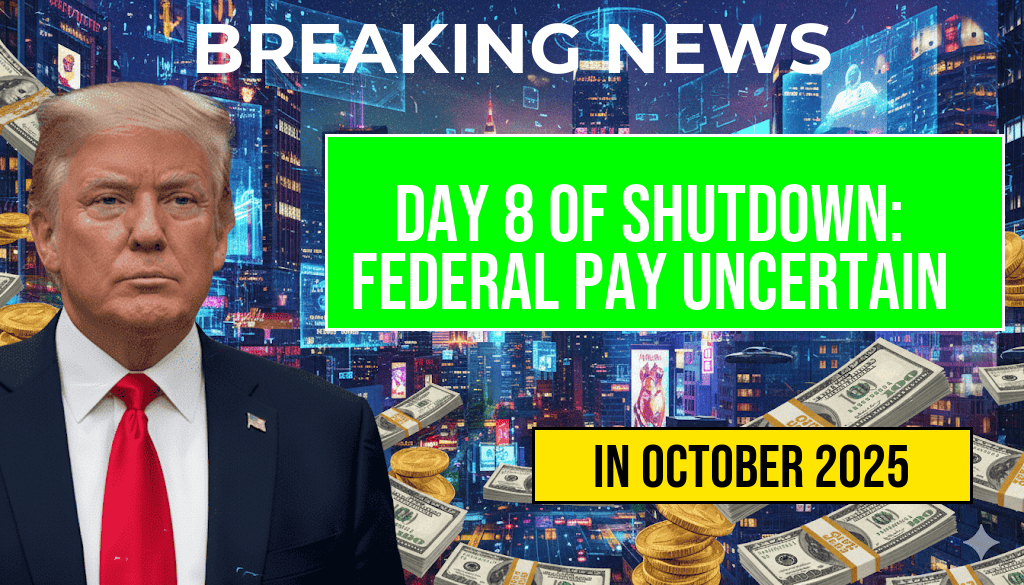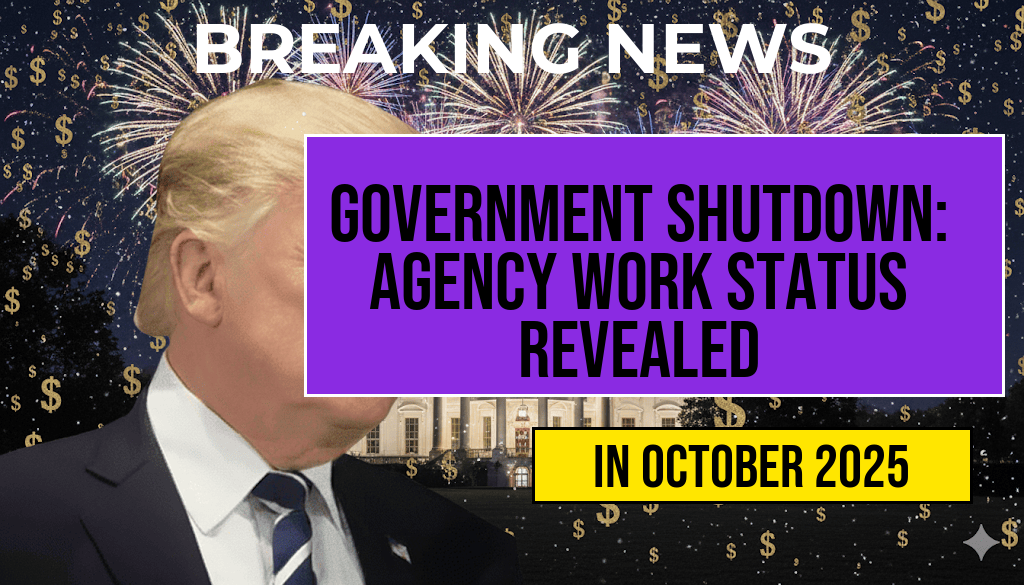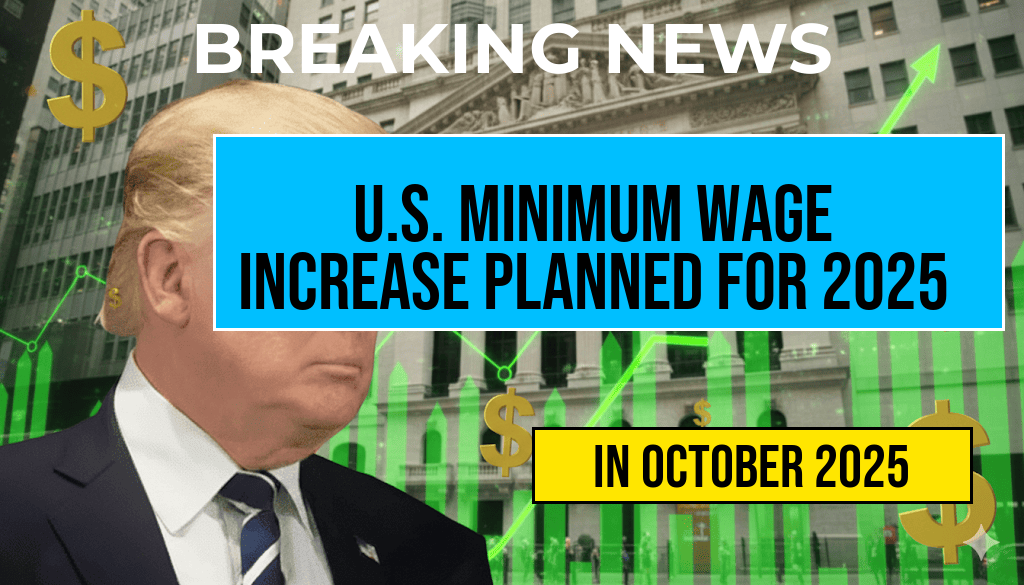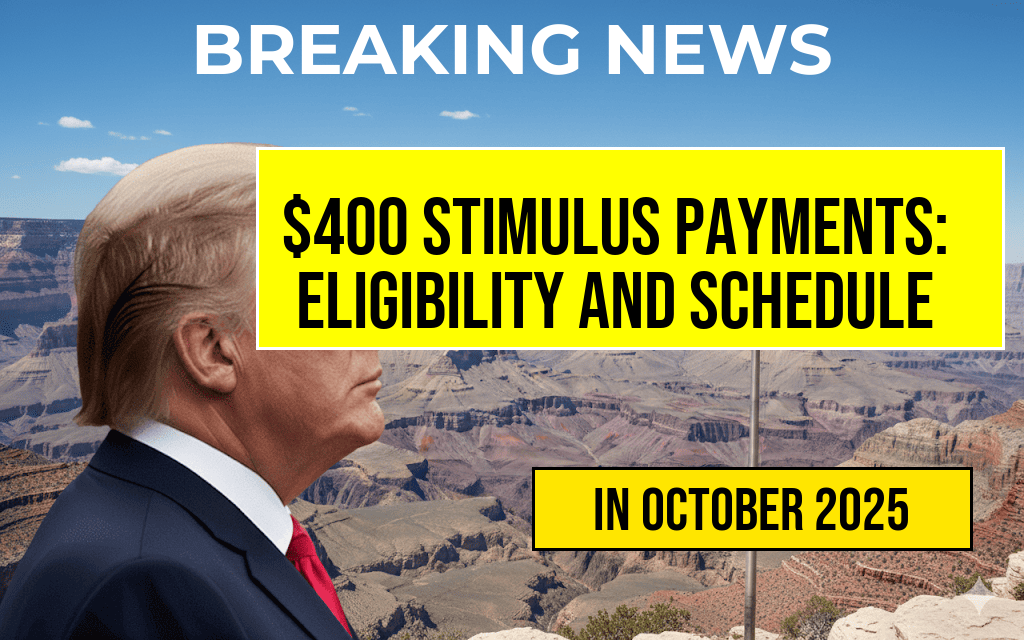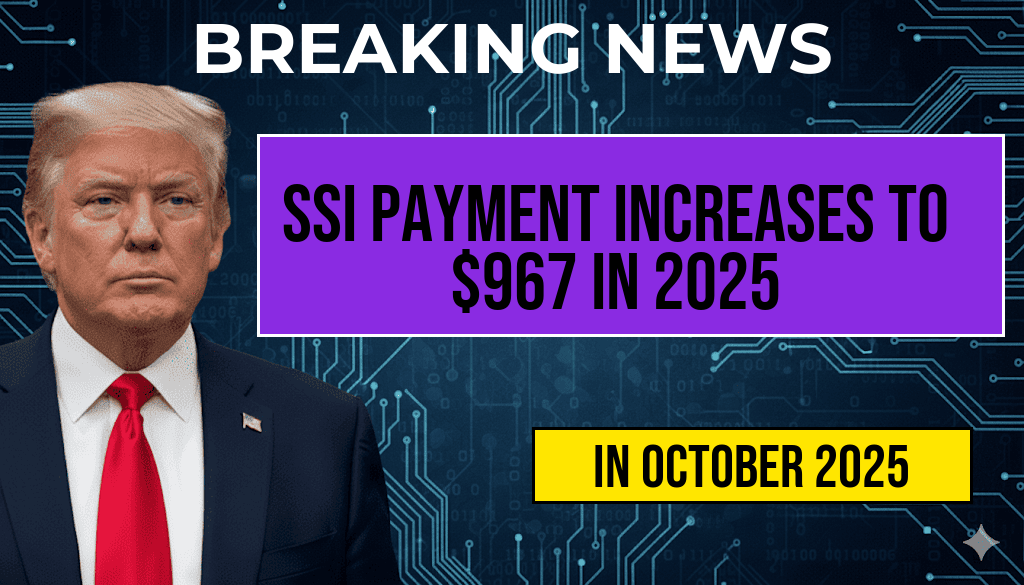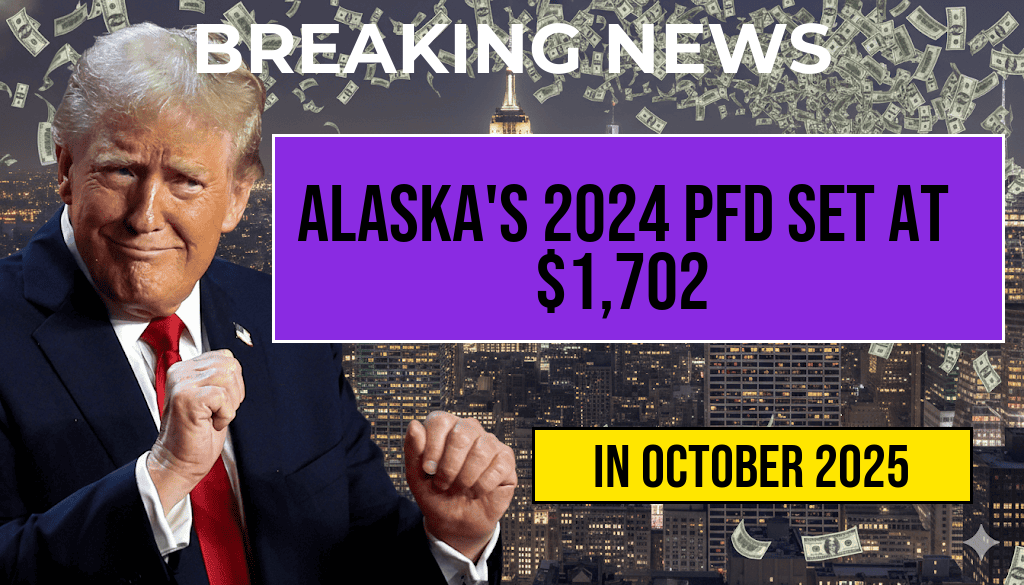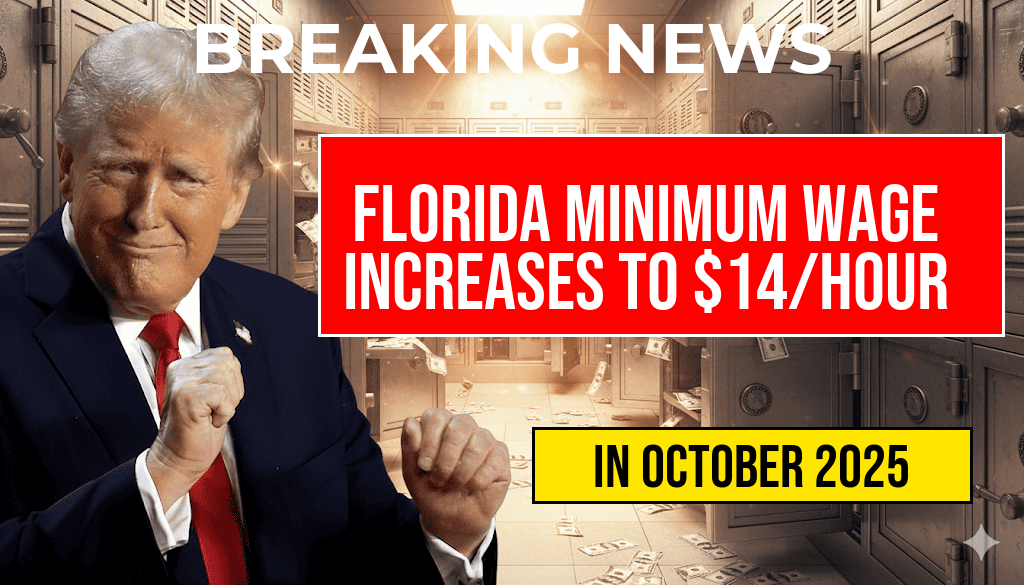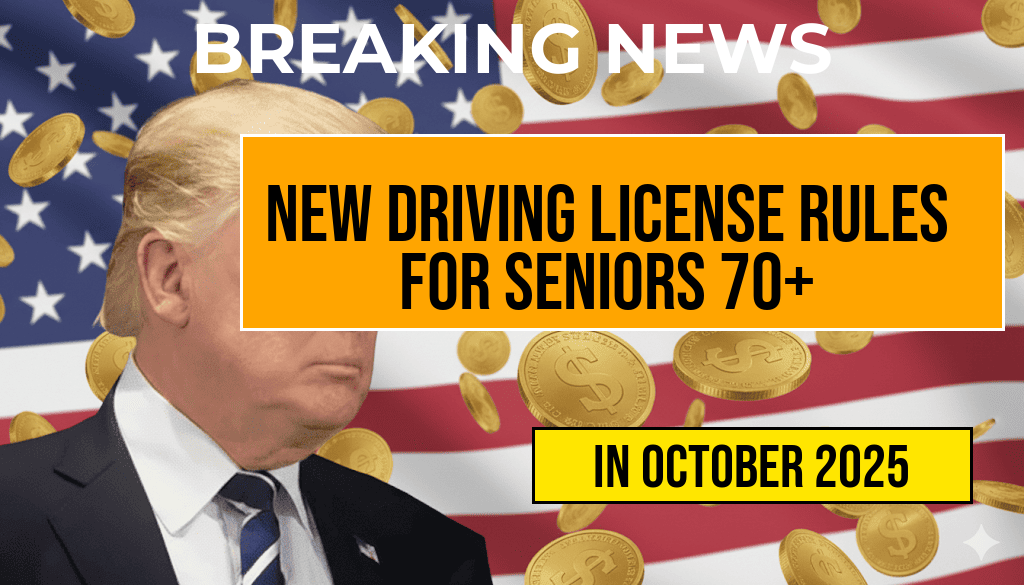The U.S. minimum wage is poised for a significant increase come 2025, as new hourly pay rates will take effect on October 4 of that year. This adjustment follows a series of discussions and proposals aimed at addressing the rising cost of living across the nation. The new federal minimum wage will rise to $15 per hour, a development that has generated mixed reactions from various sectors of the economy. While proponents argue that the increase is necessary to support low-income workers, critics express concerns about potential impacts on small businesses and employment rates. With inflation continuing to affect consumer prices, this wage adjustment is expected to play a crucial role in shaping the economic landscape in the coming years.
Details of the Minimum Wage Increase
The upcoming minimum wage increase marks the first significant adjustment since 2009, when the federal minimum wage was last raised to $7.25 per hour. Here are some key details regarding the new pay rates:
| Current Rate | New Rate (2025) |
|---|---|
| $7.25/hour | $15.00/hour |
Impact on Workers and Businesses
The increase in the minimum wage is expected to benefit millions of American workers. According to estimates from the Economic Policy Institute, approximately 27 million workers could see their wages rise as a result of this change. This increase aims to address wage stagnation that has persisted in many sectors, particularly in retail and service industries.
Advantages for Workers
- Increased Earnings: The rise in minimum wage could significantly enhance the purchasing power of low-income families.
- Reduction in Poverty: Advocates assert that a higher minimum wage can help lift families out of poverty.
- Improved Living Standards: Increased wages are expected to lead to better overall living conditions for workers.
Concerns from the Business Community
While many celebrate the increase, some business owners and economists have voiced concerns regarding its potential implications:
- Increased Labor Costs: Small businesses may struggle to absorb the higher labor costs, potentially leading to layoffs or reduced hiring.
- Inflationary Pressures: Critics warn that businesses may raise prices to cover increased wages, which could contribute to overall inflation.
- Impact on Employment Rates: Some studies suggest that higher minimum wages could lead to a reduction in job opportunities, particularly for entry-level positions.
State-Level Variations
While the federal government mandates a minimum wage, many states and cities have enacted their own laws establishing higher rates. As of now, states like California and New York already have minimum wages exceeding $15 per hour. The upcoming federal increase may prompt other states to re-evaluate their minimum wage policies in light of the new national standard.
Future Considerations
As the 2025 implementation date approaches, various stakeholders will continue to debate the economic implications of the minimum wage increase. Policymakers will need to consider strategies to support small businesses as they adapt to the new wage structure. Continuous monitoring of the labor market and economic indicators will be essential to assess the real-world effects of this significant change.
For more detailed information on minimum wage policies, you can visit the Wikipedia page on Minimum Wage in the U.S. or review analyses from Forbes on the implications of the wage increase.
Frequently Asked Questions
What is the new minimum wage set to be in 2025?
The new minimum wage is expected to rise to $15 per hour, effective October 4, 2025.
When will the minimum wage increase take effect?
The minimum wage increase will take effect on October 4, 2025.
Who will be affected by the minimum wage increase?
The increase will affect all employees who earn the minimum wage, including those in various sectors such as retail, hospitality, and service industries.
How will the minimum wage increase impact businesses?
Businesses may face higher labor costs, which could lead to adjustments in pricing, staffing, or operational strategies to accommodate the new minimum wage.
Are there any exceptions to the new minimum wage rate?
Yes, certain exceptions may apply, such as for tipped employees or those working in specific industries, but the general increase will apply to most workers.


